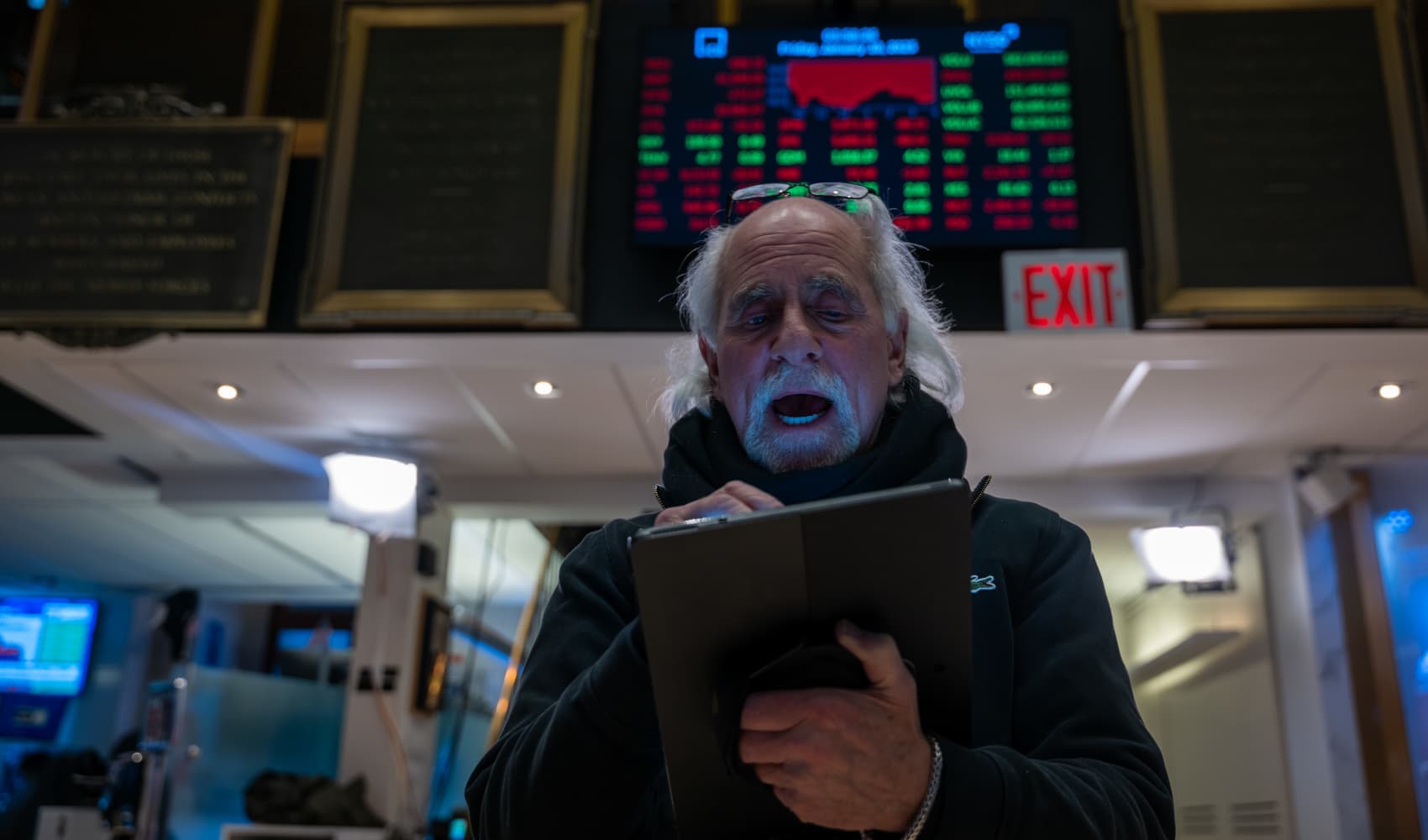
- The Bank of Japan left interest rates unchanged Friday, remaining an outlier compared with its hawkish global peers that are undertaking jumbo rate hikes.
- The central bank revised projections for the nation's core consumer inflation to reach 2.9% in the current fiscal year from its previous forecast of 2.3%.
- "Risks to economic activity are skewed to the downside. Risks to prices are skewed to the upside," the BOJ said.
The Bank of Japan left interest rates unchanged Friday, remaining an outlier compared with its hawkish global peers that are undertaking jumbo rate hikes.
The central bank also said it would purchase necessary amounts of Japanese government bonds at a fixed rate in order to keep 10-year JGB yields at around 0%.
The announcement is in line with predictions by economists in a Reuters poll, who expected no changes to the central bank's monetary policy despite the Japanese currency hovering at 32-year lows.
"The Bank will support financing, mainly of firms, and maintain stability in financial markets, and will not hesitate to take additional easing measures if necessary," it said in its monetary policy statement.
The Japanese yen slightly weakened after the announcement hovering at levels around 146.5 against the U.S. dollar. The yield on the 10-year JGB stood at 0.246% below the upper limit of the central bank's yield target.
Money Report
Raises inflation outlook
The Bank of Japan revised projections for the nation's core consumer inflation to reach 2.9% in the current fiscal year from its previous forecast of 2.3%. It also shifted its forecasts for the following fiscal year's core inflation to 1.6% from 1.4%.
Feeling out of the loop? We'll catch you up on the Chicago news you need to know. Sign up for the weekly Chicago Catch-Up newsletter.
"There remain extremely high uncertainties for Japan's economy," the BOJ said in its statement. "Risks to economic activity are skewed to the downside. Risks to prices are skewed to the upside."
Officials have remained tight-lipped on reports that Japan conducted a second intervention to defend its currency. Analysts said a unilateral move would likely be limited and the currency could continue to weaken further against the dollar and even hit 170 next year.
Officials at Japan's Ministry of Finance and the Bank of Japan are currently "buying time" to defend their ultra dovish policy, according to Goldman Sachs chief Japan economist Naohiko Baba.
"Their strategy is buying time as much as possible, intervening in the currency market occasionally," he said on CNBC's "Squawk Box Asia."
"They don't think the monetary policy should be used to address that other issue," he said of the weakening of the Japanese yen. "If so, [the] BOJ needs to raise rates substantially."
The Bank of Japan's latest decision is in line with the Commonwealth Bank of Australia's expectation for the country to enter a recession next year.
"The implication is that the BOJ will increasingly stand out as the most dovish central bank under our coverage," economist Kim Mundy said in a note.
"The improvement in Japan's inflation and inflation expectations will likely be unwound as the large advance economies drag Japan into recession next year," she said.
Vice Finance Minister of International Affairs Masato Kanda said U.S. Treasury Secretary Janet Yellen respects Japan's policy of not disclosing whether or not they conducted an intervention in the foreign exchange market.






